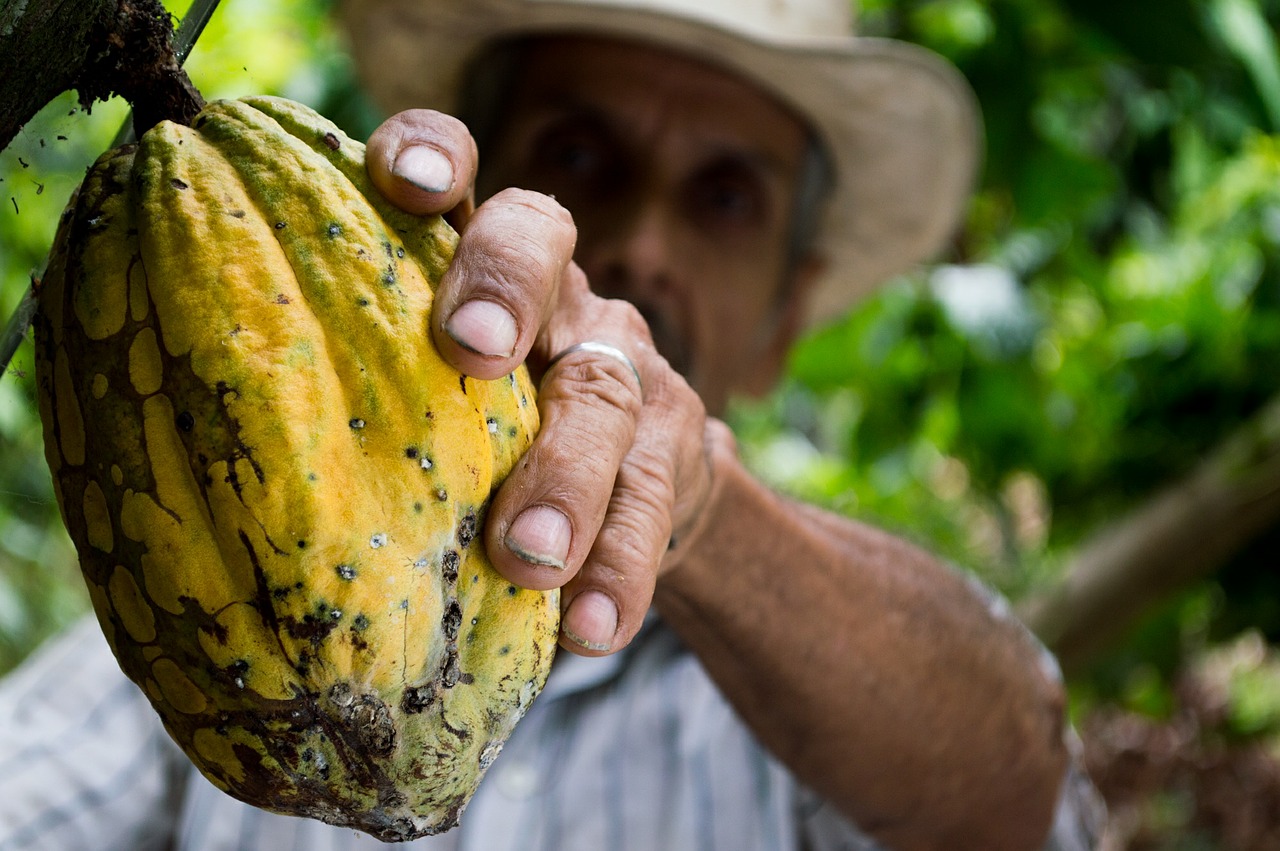Guiding Food Systems and Nutrition

The Civil Society and Indigenous Peoples’ Mechanism (CSM) for relations with the UN Committee on World Food Security (CFS) is currently working with CFS on the development of forthcoming guidelines on Food Systems and Nutrition.
The CSM has been working for two years on its vision for transition of food systems (through implementation of these guidelines) guided by the following principles:
Centrality of people
Realization of the right to adequate food
Healthy diets require a healthy planet
Inter-relatedness of human rights — holistic transition
Equality and non-discrimination
Rights of indigenous peoples
Women’s rights
Recognize and support care work
Food traditions and cultural heritage
Participation, sovereignty and self-determination
In September 2019, the CFS held its Near East and North Africa (NENA) regional consultation at the World Health Organization (WHO) offices in Cairo, Egypt. HLRN Program Advisor Heather Elaydi participated in the consultation along with five other civil society representatives from across the NENA region to discuss the forthcoming guidelines with regional state representatives.
An over-arching theme of both civil society and state actors at the meeting focused on the impacts of conflict in the region. Conflict and other crises had hitherto been underplayed in the CFS zero draft, and largely absent from the CSM vision document, despite the fact that conflict has been a cause of the some of the world’s worst current cases of food insecurity and famine. Civil society was happy to see that the Chair’s Summary of the NENA consultation reflected the importance of conflicts and long-lasting political crises on food systems in the region.
After providing extensive comments integrating conflict and crises into the CSM vision document, HLRN’s Program Advisor was invited to attend a CFS Food Systems and Nutrition Open-Ended Working Group (OEWG) meeting at FAO Headquarters in Rome in November 2019, to bring the NENA region civil society priorities into the global discussion. Preparations leading up to the OEWG meeting included bilateral talks with select member-state representatives and the OEWG Chair.
The draft presented by the Chair following the OEWG meeting reflected discussions from the six regional consultations and included a mix of points promoted by various states, the private sector and CSM. Notable for the NENA region was the inclusion of a section dedicated to humanitarian contexts; however, human rights language – which CSM has consistently pushed for – has largely been lost. The current version of the document to be negotiated can be found here.
The negotiation phase is currently scheduled to take place in May and July 2020, with the Guidelines expected to be adopted in the October 2020 session of the CFS. However, due to the global COVID-19 pandemic and foreseeing impacts to food systems due to this crisis, that may shape what the guidelines should look like, CSM is requesting postponement of negotiations and the process as a whole.
Negotiation of these guidelines comes on the heels of the 2021 UN Food Systems Summit, which has been jointly requested by the three UN Rome-based Agencies (FAO, WFP and IFAD) and the World Economic Forum, which has recently signed a strategic partnership with the UN, threatening further corporate takeover of UN spaces. It is imperative that the UN CFS retain its position as the foremost inclusive international and intergovernmental platform, where civil society is given space to participate in a genuine manner.
|